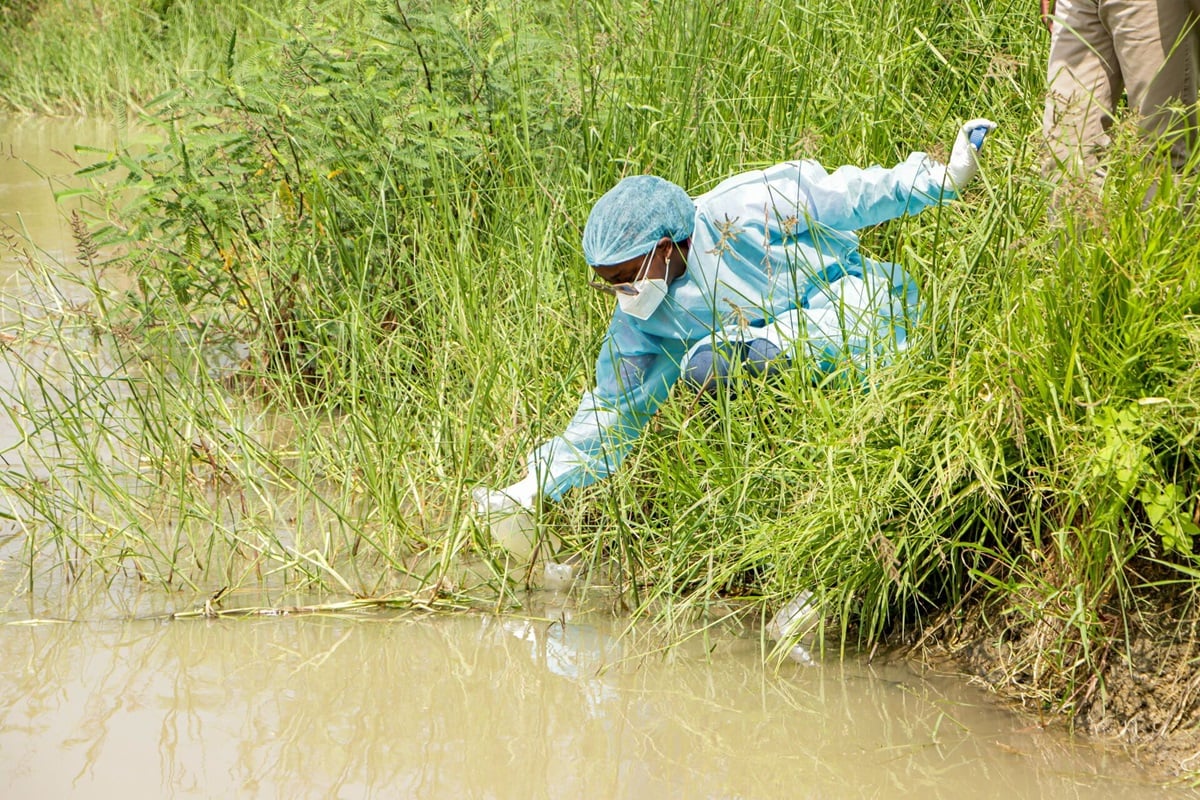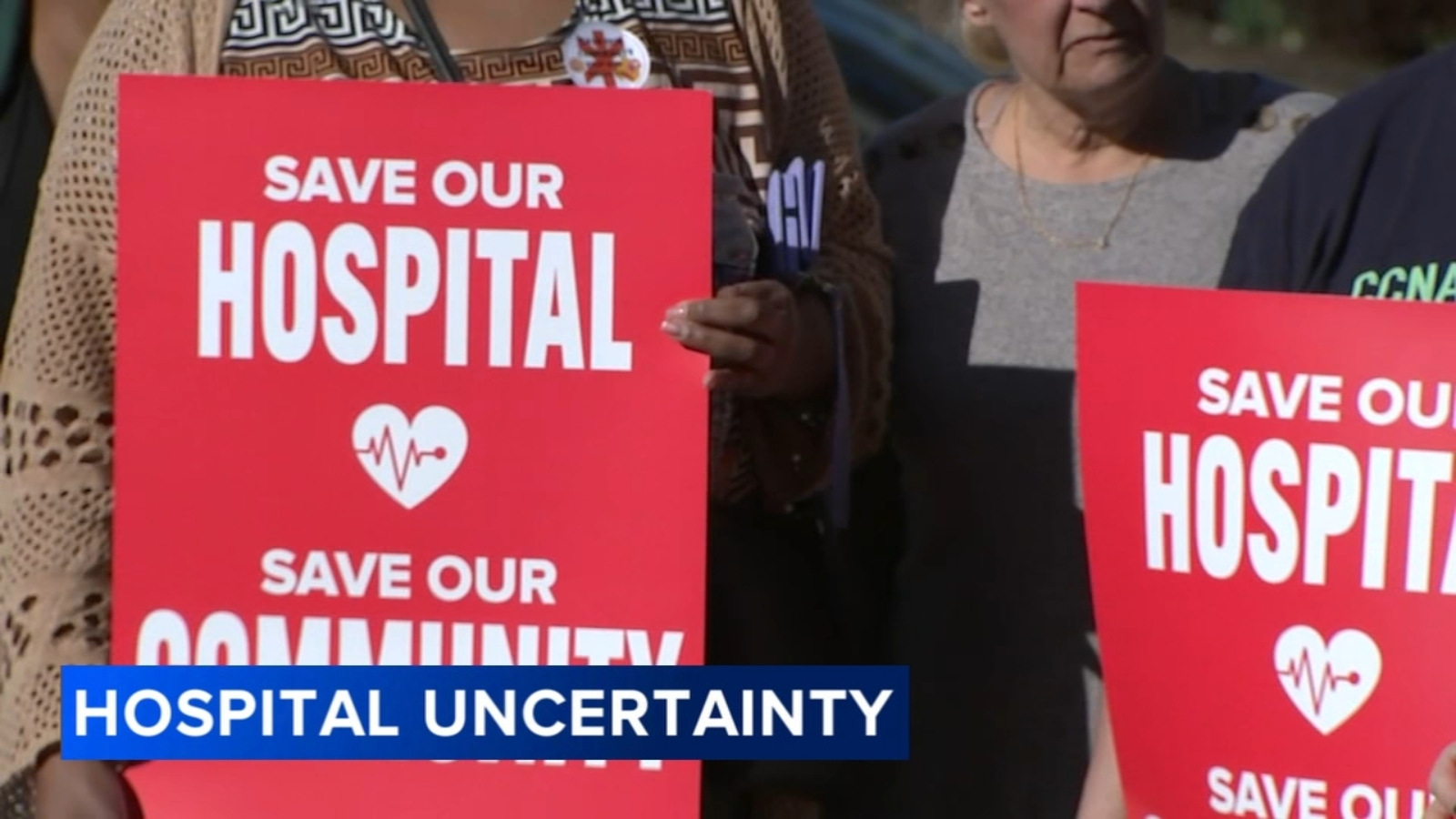Silent Killer Strikes Again: Cholera's Deadly Comeback Defies Modern Medicine

A Troubling Rise: Global Cholera Outbreak Escalates in 2024
The world is witnessing a concerning surge in cholera cases, with 2024 revealing a stark increase in both infections and fatalities. Recent global health statistics paint a grim picture of the disease's spread, highlighting a significant uptick in its impact.
Preliminary data shows a 5% rise in reported cholera cases, accompanied by an alarming 50% increase in deaths compared to the previous year. More than 6,000 lives have been lost to this preventable and treatable disease, underscoring the urgent need for improved public health interventions and sanitation measures.
Health experts are calling for immediate action to address the underlying factors contributing to the cholera outbreak. The statistics serve as a critical reminder of the importance of clean water, proper sanitation, and accessible healthcare in combating this deadly disease.
As communities and global health organizations work to understand and mitigate the spread, the 2024 cholera statistics stand as a stark warning about the ongoing challenges in global health and disease prevention.








